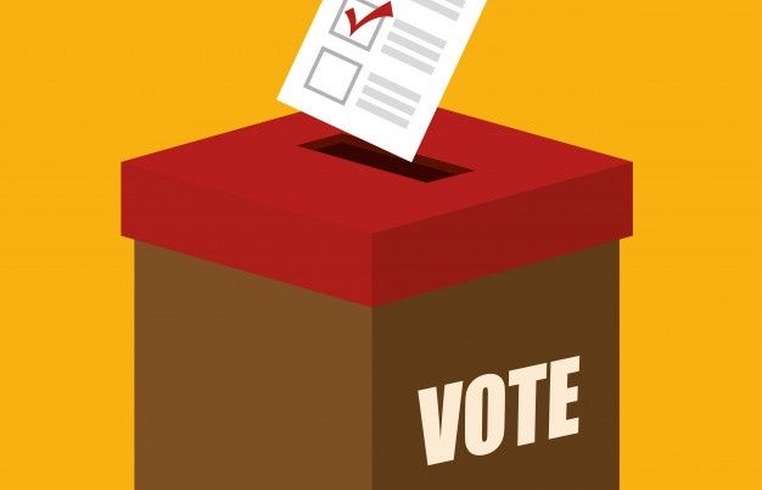
Voting in U.S. Federal Elections - Demystifying Non-Citizen Participation

Voting in U.S. federal elections is a cornerstone of American democracy. Understanding who is eligible to vote, the process involved, and some intriguing facts can shed light on this vital civic duty.
#### Who Can Vote?
In U.S. federal elections, only U.S. citizens are eligible to vote. This means natural-born citizens and naturalized citizens have the right to participate. Non-citizens, including lawful permanent residents (green card holders), tourists, and those with temporary visas, are not allowed to vote in federal elections.
#### How Voting Works
1. **Registration**: Eligible citizens must first register to vote. This can often be done online, by mail, or in person at designated locations.
2. **Election Day**: Federal elections occur on the first Tuesday after the first Monday in November of even-numbered years. Polling places are set up in local communities where registered voters can cast their ballots.
3. **Absentee and Early Voting**: Many states offer absentee voting and early voting options to accommodate those who cannot vote in person on Election Day.
#### Interesting Facts
1. **Youth Voters**: The 26th Amendment, ratified in 1971, lowered the voting age from 21 to 18, significantly increasing youth participation in elections.
2. **Women’s Suffrage**: The 19th Amendment, passed in 1920, granted women the right to vote, marking a significant milestone in the fight for gender equality.
3. **Historic Turnouts**: The 2020 presidential election saw the highest voter turnout in over a century, with more than 159 million Americans casting their votes.
4. **Mail-In Voting**: Due to the COVID-19 pandemic, the 2020 election also saw a substantial increase in mail-in voting, with over 65 million Americans voting by mail.
#### Ensuring Fairness and Security
The U.S. takes various measures to ensure the fairness and security of its elections. This includes voter ID laws, the use of secure voting machines, and bipartisan oversight of the voting process.
